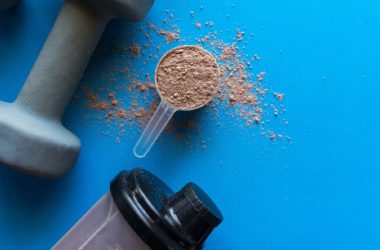Introduction
Dealing with the ups and downs of your menstrual cycle is already tiring, but the additional problems that come with it can be quite a mood dampener. One such problem is headaches, specifically migraines. If you’re trying to understand why you experience severe headaches during your period, this article is here to help. Menstrual migraines are a real thing, and we’ll discuss how to manage them naturally.
Understanding Menstrual Migraines
According to the American Migraine Foundation, women who experience migraines may have more attacks during their periods. Menstrual migraines usually occur between the two days before your period and the third day after it starts. While not all women will experience this, those who are sensitive to hormonal changes are more likely to be affected. The drop in estrogen levels before your period plays a significant role in triggering menstrual migraines. Serotonin, a hormone necessary for nerve cell and brain function, also undergoes changes during your menstrual cycle, contributing to migraines.
Managing Menstrual Migraines Naturally
If you’re looking for natural ways to deal with menstrual migraines, here are some suggestions from nutritionist Nmami Agarwal:
1. Stay Hydrated
Drinking enough water is crucial as dehydration can trigger migraines. Studies have shown that staying hydrated and consuming 10-12 glasses of water daily can help reduce the chances of getting migraines.
2. Mind Your Diet
Certain foods can impact how your body responds to triggers like hormonal changes. Avoid caffeine, alcohol, processed foods, aged cheese, and foods containing monosodium glutamate (MSG). A study published in the Iranian Journal of Nursing and Midwifery Research found that these dietary patterns can increase the likelihood of migraines.
3. Increase Vitamin B2 Intake
Eating foods rich in vitamin B2 can help women manage episodic migraines. Consider adding vitamin B2 supplementation to your diet. Foods high in vitamin B2 include eggs, dairy products, lean meats, and leafy greens.
4. Incorporate Magnesium-Rich Foods
Magnesium is an essential mineral that may reduce the frequency and intensity of migraines. Studies have shown a positive connection between magnesium-rich foods and migraine management. Incorporate foods like nuts, seeds, whole grains, and leafy greens into your diet. You can also consult your doctor about magnesium supplements.
5. Add Antioxidants
Include Coenzyme Q10 (CoQ10), an antioxidant, in your diet to help reduce the frequency and severity of migraines. This antioxidant is commonly found in beef, fish, chicken, and some vegetables.
Remember, while these natural remedies can be helpful, it’s essential to consult a healthcare professional to determine the best approach for your specific situation.









